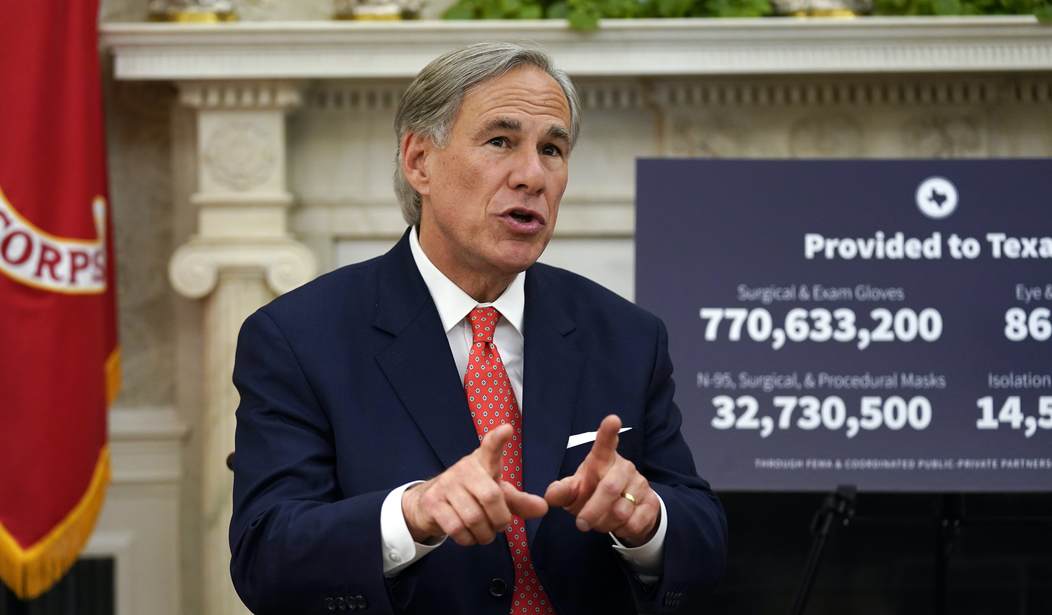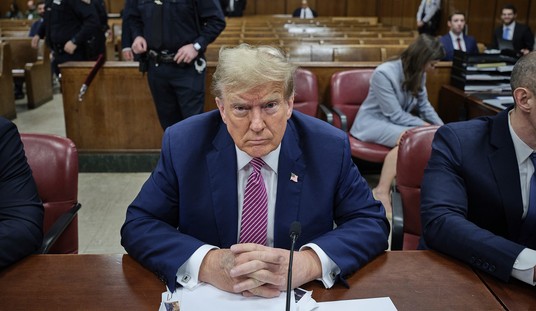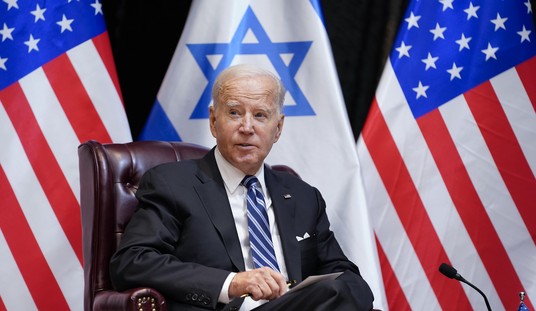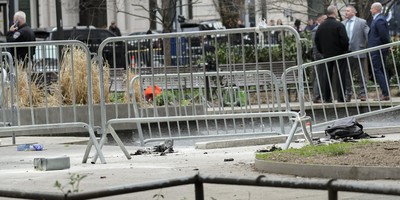After Texas Gov. Greg Abbott's (R) decision to lift COVID-19 restrictions in the state was deemed "Neanderthal thinking" by President Joe Biden, a new study found no connection between lifted mandates and people contracting or dying from the virus.
Bentley University economist Dhaval Dave, San Diego State University economist Joseph Sabia and San Diego State University graduate research fellow Samuel Safford conducted a study using smartphone mobility data from SafeGraph and COVID-19 data collected by The New York Times to compare Texas' coronavirus data from before and after restrictions were lifted by the governor on March 10.
They said their discoveries "underscore the limits of late-pandemic era COVID-19 reopening policies to alter private behavior."
We find no evidence that the Texas reopening led to substantial changes in social mobility, including foot traffic at a wide set of business establishments in Texas. We find no evidence that the Texas reopening affected the rate of new COVID-19 cases during the five weeks following the reopening.
Biden's "Neanderthal thinking" assertion charged against Abbott turned out to be completely off-base.
Last week, Abbott highlighted that Texas had no new COVID deaths on a particular day, the first time the state had achieved this in more than a year. However, Dallas County's numbers were not reported that day.
The researchers of the new study said:
We find that the Texas reopening had little impact on stay-at-home behavior or on foot traffic at numerous business locations, including restaurants, bars, entertainment venues, retail establishments, business services, personal care services, and grocery stores. We find no evidence that the reopening affected the rate of new COVID-19 cases in the five-week period following the reopening. In addition, we find that state-level COVID-19 mortality rates were unaffected by the March 10 reopening."
Recommended
Results were essentially the same in a different study that did not include Austin and Travis County, both of which imposed local mask mandates following Abbott lifting the state requirement for face coverings.
The "null results" were also maintained when urbanized areas were compared to less urbanized counties. When counties favoring former President Donald Trump were compared to areas where most voters voted Biden in the 2020 election, results remained consistent.
Previous research shows that Trump supporters are less likely to adhere to mask mandates and other COVID-19 safety protocols.
The research concluded that the chance that a Texan would contract or die from the coronavirus was not mitigated or worsened.
This study’s findings suggest that the predictions of reopening advocates and opponents failed to materialize. The policy appears to have had little impact on social mobility, COVID-19 spread, or on short-run economic activity.
However, the study did suggest that personal responsibility and risk assessment could have been the reason why the spread of the virus was not impacted by government restrictions, alleging that state residents likely either continued to practice previous safety measures or they were not following COVID-19 guidelines ahead of March 10.
As certain segments of the population may be responding to the reopening by reducing social distancing and increasing their external activities, others may be countering especially if they perceive a higher infection risk from the reopening.
Other possibilities for why the reopening did not have an effect on COVID include the increase in vaccinated residents and the minor impact that capacity limitations had on controlling the outbreak of the virus, the researchers point out.

























Join the conversation as a VIP Member